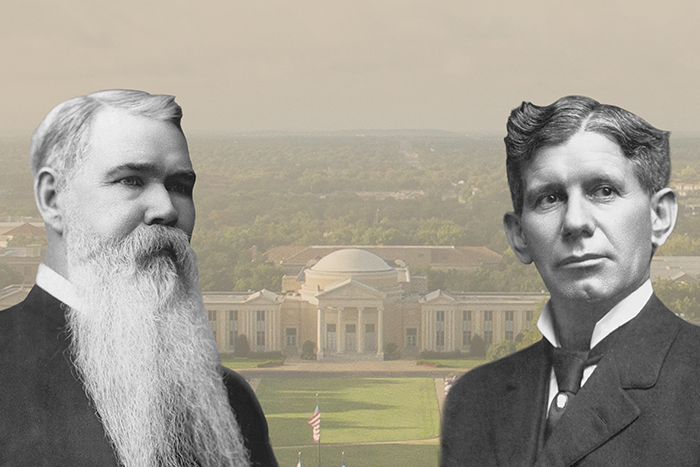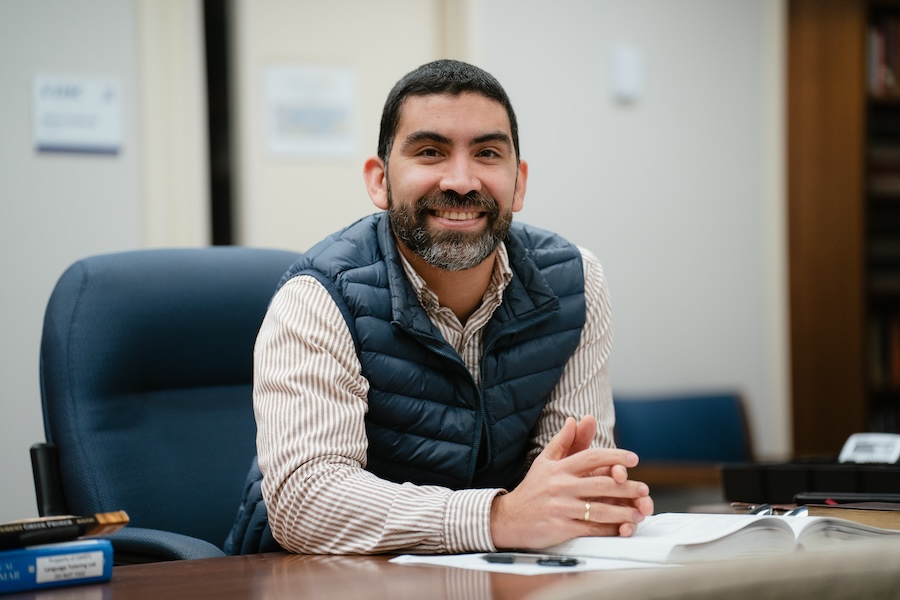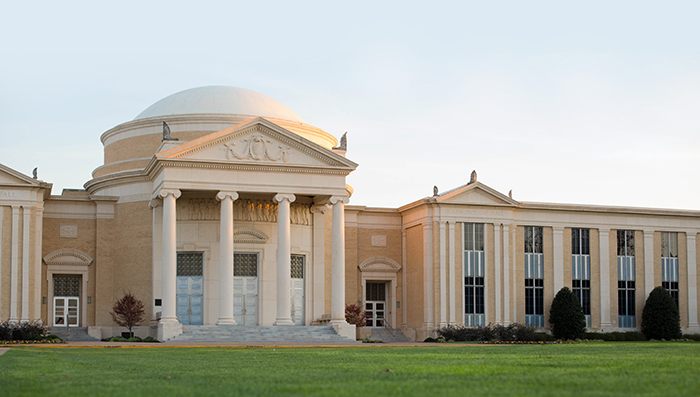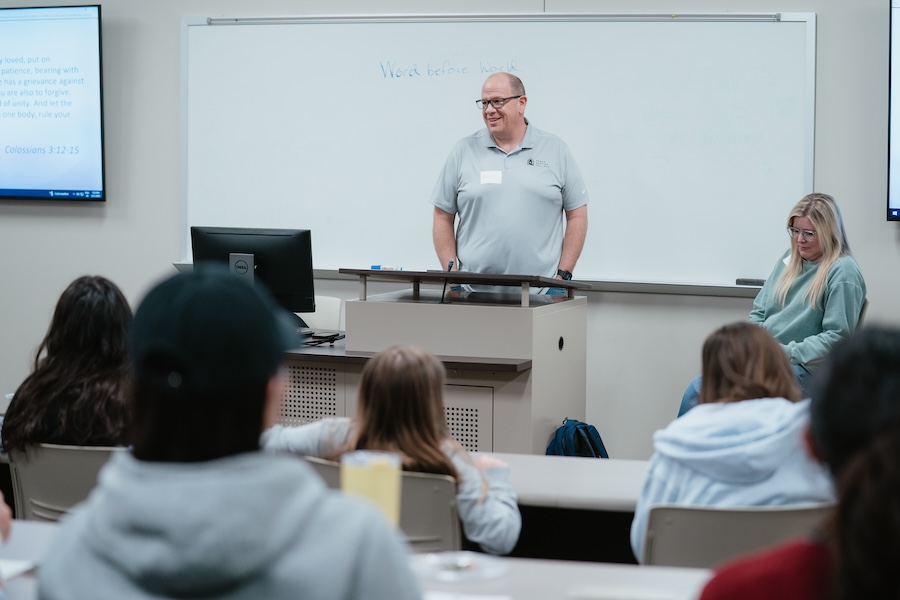A LEGACY OF SOUL-WINNING: Unshakable conviction leads dying soul to Christ

Editor’s Note: The following is part of an ongoing series examining the evangelism experiences of significant figures from Southwestern Seminary’s history. This story is taken from Dr. B.H. Carroll, The Colossus of Baptist History, a compilation of the observations of J.M. Carroll, brother of Southwestern founder B.H. Carroll, and others.[1]
For two years after his ordination in 1866, B.H. Carroll taught school in Caldwell, Texas, while preaching on the weekends. By then, Carroll was, by his brother’s account, a charismatic teacher and an exceptionally persuasive preacher.
J.M. Carroll, who called his brother Harvey, recalls: “Often, while he spoke, his convictions were at white heat; he was logic on fire. … His preaching often was so irresistible that the stoutest of sinners were convicted of their sins and were made to cry out to God for mercy. … B.H. Carroll was a true watchman over the walls of Zion.”[2]
J.M. Carroll recalls a particularly stirring event during one of his brother’s great revival meetings: “One night, after a great many had been converted, the preacher in charge said, ‘Let us be dismissed.’”
The people stood to leave. But then B.H. Carroll suddenly called out, “Wait. I feel that I must say a few words.”
The people sat down, and B.H. Carroll stood up, declaring, “I am unwilling to close this meeting yet. I have an impression which I cannot shake off, nor can I explain it. But somehow I am awfully impressed that there is someone here in this audience if not saved tonight will never be saved. This is his last chance.”
A young man arose from the back row. “Mr. Carroll, I am that man,” he said.
“It was like an electric shock,” J.M. Carroll writes. The young man, named Pullar, walked down the aisle, and Carroll went to meet him and led him in prayer. That night, Pullar was saved.
Exactly one week later, Pullar, who had been in perfect health at the revival, was buried. “He was suddenly stricken down with an acute disease, and quickly passed away,” J.M. Carroll explains.
B.H. Carroll’s unshakable “impression” had been right; on the night of the revival, Pullar, unknown to even himself, was preparing to enter eternity, and only Carroll’s final appeal would bring him to a profession of faith. And because Carroll delayed the meeting’s end, Pullar was welcomed into heaven just one week later.
“Harvey’s life was filled with visions and impressions like that just described,” J.M. Carroll says. “… Those who knew him best will probably recall numbers of times when he had impressions like that. And in every instance, they turned out as he said.”



